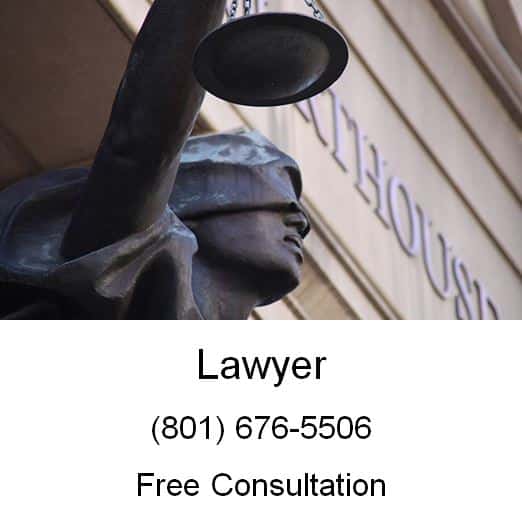Mediation is a popular process for getting through divorce on decent terms with your spouse. Using mediation can protect your children and your wallet from the effects of a contentious litigated divorce. What are the pros and cons of divorce mediation?
Mediation is a form of alternative dispute resolution (ADR) intended to create a low-conflict setting for spouses and others to work through their differences while crafting satisfying agreements.
For couples able to tolerate working together in the same room, mediation is a good path toward divorce for the following reasons:
- An experienced mediator helps you understand the issues upon which you must agree. You discuss and come to agreements with those points in mind. Minimal time is spent rehashing reasons for divorce and other personal conflict.
- Through mediation, you can state your thoughts and needs yourself or with the help of the attorney in attendance. You and your spouse maintain control of the process and the outcome, unlike a matter moving through the court system.
- The cost of mediation is less in money, time and energy than litigated divorce.
- You lose no rights to pursue litigated divorce if mediation fails or you cannot reach a reasonable agreement with your partner.
Not all couples are candidates for mediation. While there is always hope mediation might work, it could be a poor choice in cases such as:
- Couples not on civil speaking terms
- Situations where domestic or other abuse is a factor
- Instances where one partner is a high-conflict personality
What Can You Expect During Mediation?
The primary benefit you can expect from mediation is that the cost of your divorce will be lower than if you choose the traditional litigation route. When divorcing couples choose mediation[CK1], they can freely discuss difficult, financial issues, such as child custody and spousal support, without fear that what they say will ever be used against them in court.
You can expect a neutral, third-party mediator to keep sessions focused on productive dispute resolution. The mediator does not make decisions for the parties, protect their legal interests, or advise them how to resolve their difficulties. The parties decide the terms and fairness of their agreement themselves, or with the help of their attorneys.
If an agreement cannot be reached and the case must proceed to court, both parties must find new lawyers to represent them and start from scratch. Therefore, the parties have financial incentives to push towards an equitable settlement.
You can also expect to arrive at decisions and compromises on the following kinds of hot button issues:
- Where the children will reside and custody and visitation plans
- How to equitably divide property, assets, and valuables
- How child and spousal support payments will be handled
- Decisions about shared investment property and business ventures
Steps for Filing a Divorce in Utah
Going through a divorce can be a very difficult time in your life. Don’t let uncertainty about the complicated divorce process add to your stress. Here are the basic steps involved in filing a divorce in Utah.
- Residency requirements. First you must meet the residency requirements to be eligible to file a divorce in Utah.
- Establishing the grounds. As of 2010, you can file a divorce on the grounds of no-fault in Utah. A no-fault divorce can be sought if one of the spouses states under oath that the marriage has irretrievably broken down . A fault divorce can be recognized if one spouse is proved to have committed adultery, cruel or inhuman treatment, abandonment, or is incarcerated for a long period of time – convicted of a felony.
- Contact an attorney. Meeting with an experienced Utah divorce attorney before filing for divorce can help you avoid mistakes that could cost you down the line.
- File your petition. You must file a petition for the dissolution of marriage — also called a complaint for divorce or petition for divorce. A lawyer can help you prepare the necessary paperwork.
- Decide on a type of divorce. There is more than one way to get a divorce. For example, if you and your spouse think you can work together amicably to reach a resolution, then a mediated divorce may be right for you.
Because each state has slightly different laws when it comes to divorce, meeting with a divorce attorney in your area can help you get started in the right direction. Which leads me to the next step of offering you a free consultations.
Free Initial Consultation with a Lawyer at Ascent Law
It’s not a matter of if, it’s a matter of when. Legal problems come to everyone. Whether it’s your son who gets in a car wreck, your uncle who loses his job and needs to file for bankruptcy, your sister’s brother who’s getting divorced, or a grandparent that passes away without a will -all of us have legal issues and questions that arise. So when you have a law question, call Ascent Law for your free consultation (801) 676-5506. We want to help you.
8833 S. Redwood Road, Suite C
West Jordan, Utah
84088 United States
Telephone: (801) 676-5506
Other Posts About Mediation
Is Mediation a Good Idea in the Divorce Process?
Making Divorce More Affordable Through Mediation
from Michael Anderson https://www.ascentlawfirm.com/mediation-lawyer/



No comments:
Post a Comment